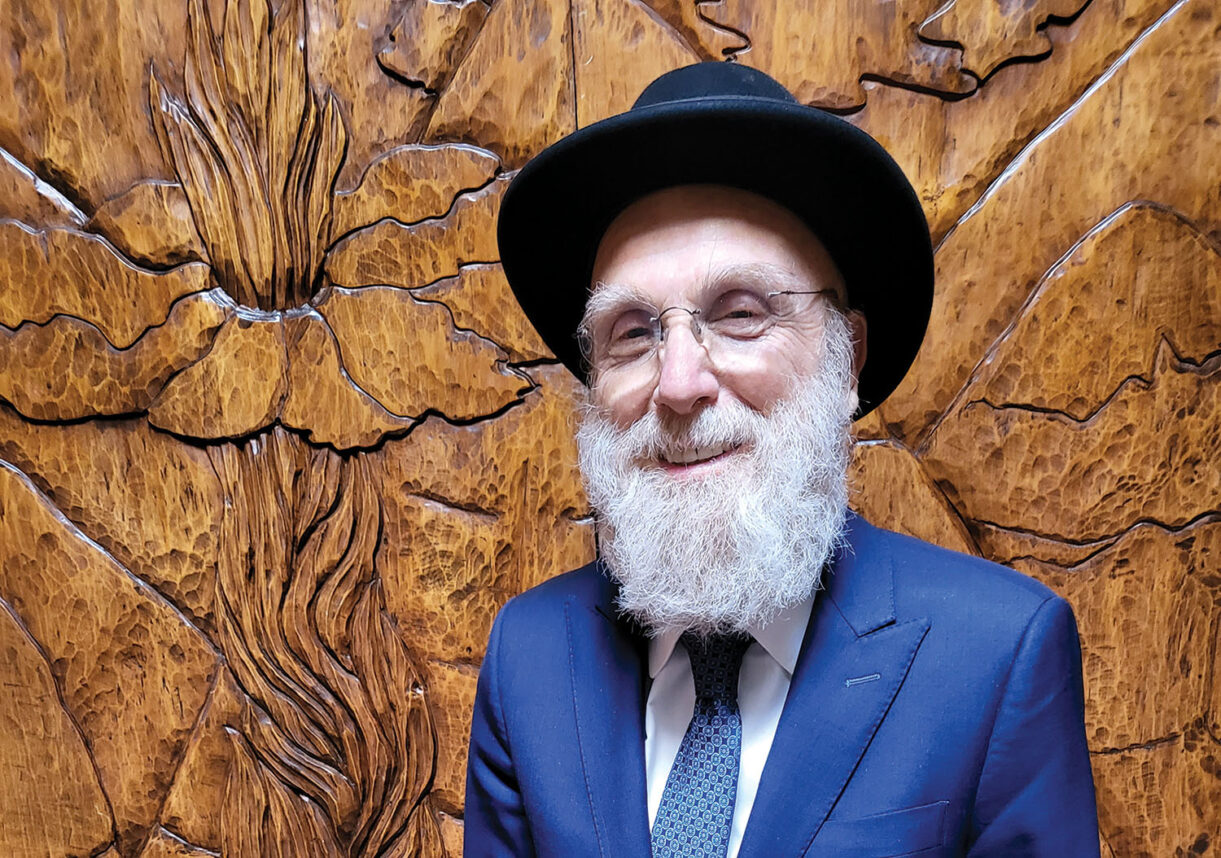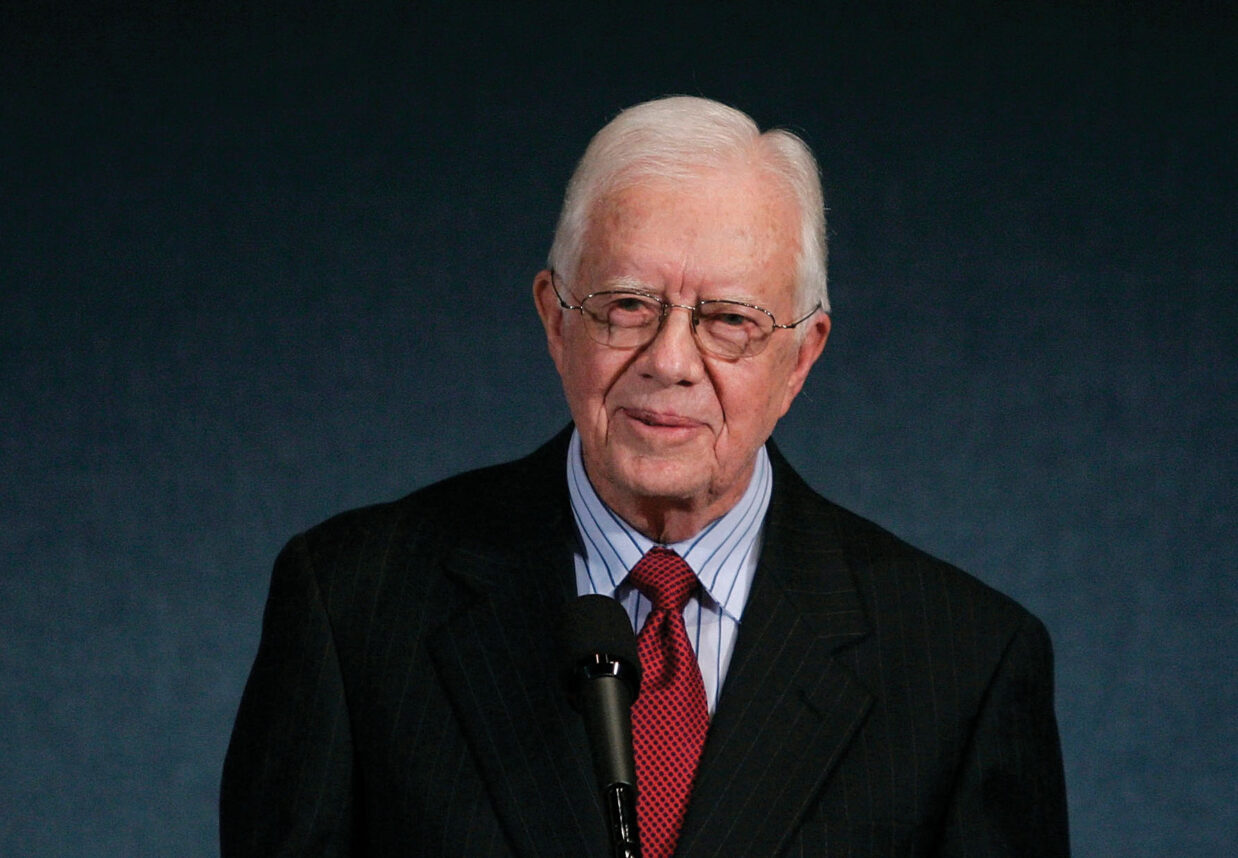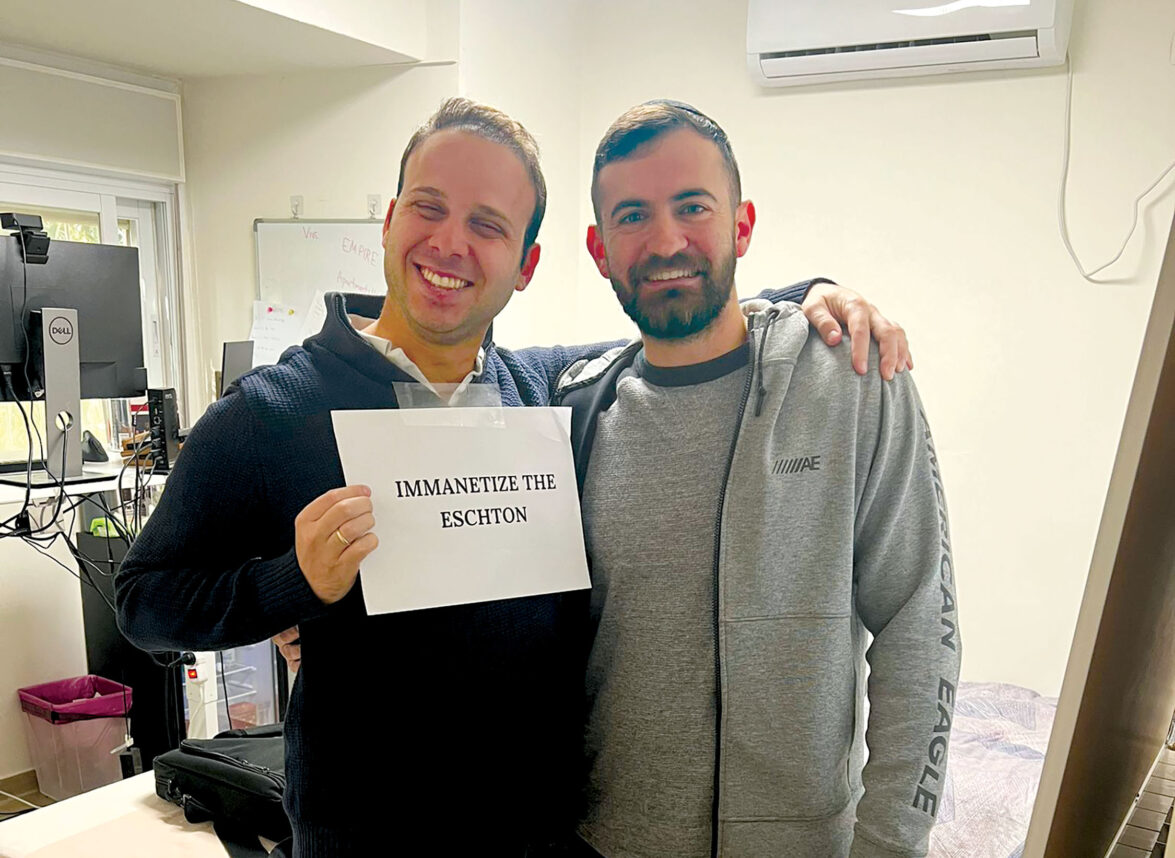The time has come to educate women and give them the titular and legal authority to right that which has gone so terribly wrong in the Orthodox world
The furor raised in Orthodox circles by 27-year-old Haviva Ner-David, who is studying in Israel to become the world’s first Orthodox woman rabbi, should have been no surprise to anyone. Old habits die slowly, some say never. Although halacha (Jewish law) does not technically forbid a woman from becoming a rabbi, the Orthodox claim that tradition prevents a woman from becoming one. Furthermore, because a few minor limitations on a woman’s public role in a synagogue would prevent her from fulfilling some of the responsibilities of a pulpit rabbi, the Orthodox claim she should not seek ordination at all. This argument, of course, is fallacious. Aside from easy solutions to such minor obstacles, most male rabbis also do not perform the role of pulpit rabbis; nevertheless, they are ordained.
Still others argue that female ordination distracts and detracts from the most important issue in the Orthodox community, that is the issue of the agunah (the married woman who is unable to obtain her Jewish divorce from a recalcitrant husband). To the contrary. It is precisely the agunah issue that should inspire Orthodox women to become rabbis and have the right to interpret halacha.
Historically, the rabbis have been the sole interpreters of Jewish law, the judges of conflicts affecting Orthodox Jews and the deciders of Jewish legal issues. The Orthodox rabbinate has been comprised only of men. Ergo, Jewish justice and legislation has been the exclusive domain of men. And they have miserably failed in that job, especially in the areas of Jewish law that adversely impacts women, such as the get (divorce) and chalitzah (the body of law that prevents a childless widow from remarrying unless her deceased husband’s brother releases her to do so).
The myriad examples of rabbinical impotence and incompetence in this area of Jewish law are staggering. Witness the male rabbis who failed to obtain a get for a woman even after they turned over the extorted funds to the husband. Read accounts of the severely beaten wife being urged by the rabbis to obtain her get by giving her abusive husband the money to appeal his battery conviction. Listen to the tale of the widow whose child died before her husband did in an auto accident, and was thus forced to beg and barter her freedom from her brother-in-law because, as a childless widow she was bound to her husband’s brother by Jewish law. Notice the Orthodox rabbis squirm to admit that the effects of Jewish divorce laws wreak abominable horrors on Orthodox women and children, but that they “cannot change halacha.” It is time to respond with the paraphrase of a popular quote: “There is nothing wrong with Jewish law, only with the people who interpret it.”
It is no secret that men are the sole constituents of both the Orthodox pulpit rabbi and of the rabbis who head yeshivot. Women do not count in the minyan, they are not called up to the Torah, and their role in the synagogue is strictly silent and invisible behind the mechitzah. Furthermore, major yeshivot have been traditionally seats of Talmudic learning, reserved exclusively for men; thus, rosh yeshiva rabbis need not answer to any woman. It is no accident, therefore, that few Orthodox rabbis would deign to offend their male constituents, dare incur the wrath and disdain of their colleagues, or risk being shunned by the Orthodox rabbinate by decrying that any halachic interpretation of Jewish divorce law that allows Jewish men such unfettered power to abuse women and children is a chillul Hashem, and should not be tolerated.
When Orthodox women denounced the rabbis’ ineptitude with claims that, ‘where there is a rabbinic will, there is a halachic way,’ these claims were dismissed by the rabbis as ravings of ignorant women. At the same time, women were deliberately prevented from learning Talmudic law because the rabbis claimed that the sages forbade the study of Gemara by women.
How right they were. It is precisely this forbidden education that has opened women’s eyes to the need to help themselves. In a Canadian Orthodox community, women organized a mikvah strike when they became frustrated with the rabbis’ inability to help a woman obtain her get. Not surprisingly, the mikvahs did not remain closed for long before the men assured that the agunah obtained her get. But Orthodox women are beginning to recognize that such “Lysistrata” strategy is not only demeaning to both women and men, it has very little impact on the agunah problem at large. Orthodox women are now realizing that using their intellect and education will be far more effective in bringing global solutions to oppressed women and children in the Jewish world.
While the title “rabbi” does not automatically confer wisdom or godliness in the eyes of the public, it does validate the opinions of its possessor. It is an unfortunate truism that in the Orthodox community, when a rabbi makes a halachic decision that may be contradicted by an eminent scholar who does not hold the title “rabbi,” the populace will automatically accept the rabbi’s interpretation, even if the rabbi’s opinion is indefensible. (This phenomenon is not unique to the Orthodox community. A university professor with a Ph.D. may be spouting nonsense during his lecture, but if his theory is rebutted by a scholar who lacks the Ph.D. initials after his name, it is unlikely that many will disregard the professor’s assessment.) Thus, when Rabbi Avi Weiss proposed, at the International Conference on Feminism and Orthodoxy, that in lieu of ordaining women as rabbis, these Talmudically educated women should be given the title morot (teachers), he was oblivious to the psychological impact that the title “rabbi” confers upon its recipient. Can anyone deny that in a halachic debate between rabbis and morot, the rabbis will always prevail, regardless of the validity or their opinion?
Orthodox women do not seek to become rabbis simply to “be like men.” To the contrary, Orthodox women have been traditionally trained to take private, rather than public, roles in the Orthodox community. However, when male rabbis consistently shirk their duty to do justice for all Jews, there is little alternative to allowing women to test their remedies. The time has come to educate women and give them the titular and legal authority to right that which has gone so terribly wrong in the Orthodox world.
Is this phenomenon likely to occur within the next few years? Are we destined to see mass ordination of women by 1998 or 1999? Not likely. But those who predict the permanent demise of such a movement will have a better shot at stuffing an escaped genie back into its bottle.
Alexandra Leichter is a family-law attorney in Beverly Hills, and is a member of the Modern Orthodox Westwood Village Synagogue.
All rights reserved by author, 1997.






















 More news and opinions than at a Shabbat dinner, right in your inbox.
More news and opinions than at a Shabbat dinner, right in your inbox.